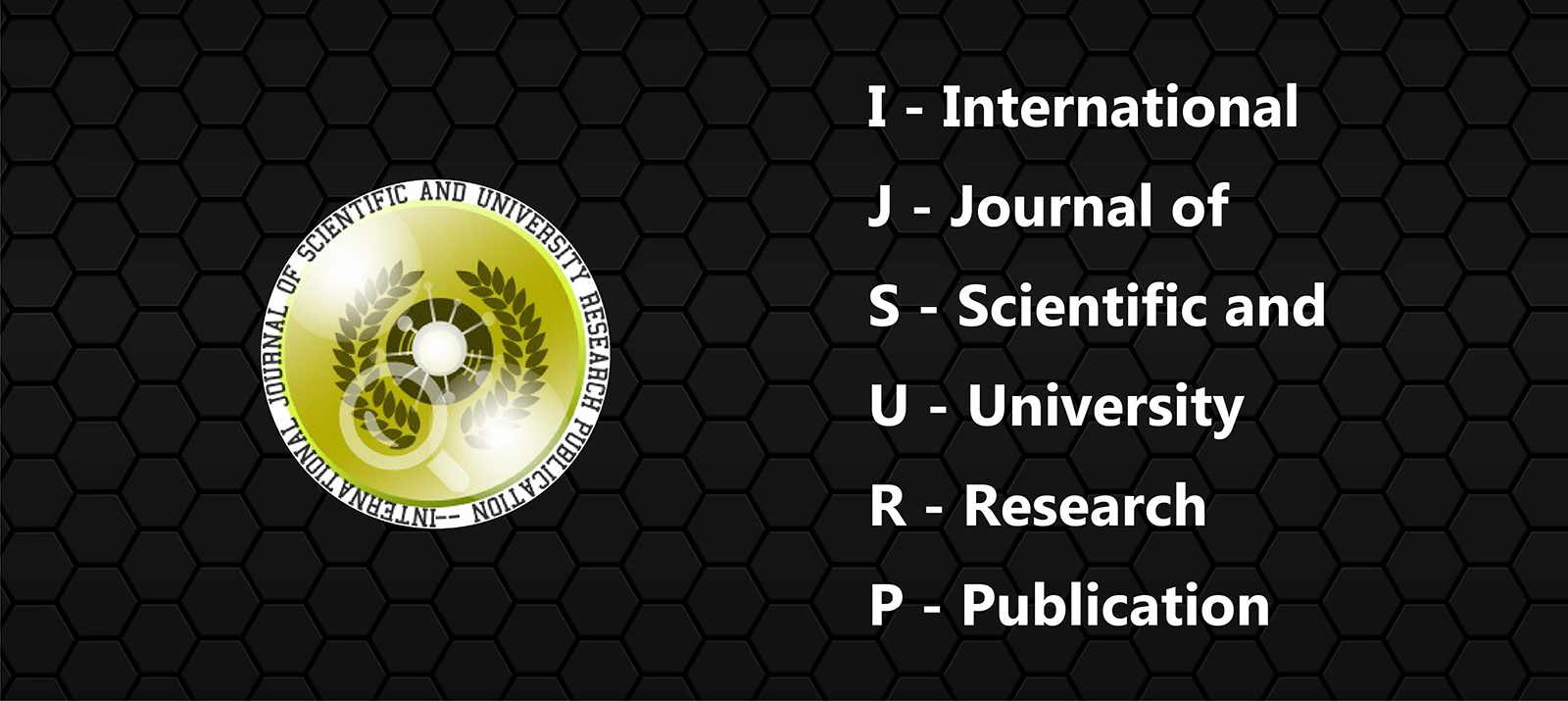[1] Afonso, A., & St. Aubyn, M. (2005). Non-parametric approaches to education and health efficiency in Oecd countries. Journal of Applied Economics, 8(2): 227-246.
[2] Afonso, A., & St. Aubyn, M. (2006a). Cross-country efficiency of secondary education provision: a semiparametric analysis with non-discretionary inputs. Economic Modelling, 23(3):
476-491.
[3] Afonso, A., & St. Aubyn, M. (2006b). Relative efficiency of health... More
[1] Afonso, A., & St. Aubyn, M. (2005). Non-parametric approaches to education and health efficiency in Oecd countries. Journal of Applied Economics, 8(2): 227-246.
[2] Afonso, A., & St. Aubyn, M. (2006a). Cross-country efficiency of secondary education provision: a semiparametric analysis with non-discretionary inputs. Economic Modelling, 23(3):
476-491.
[3] Afonso, A., & St. Aubyn, M. (2006b). Relative efficiency of health provision: a DEA
approach with nondiscretionary inputs. ISEG-UTL, Department of Economics Working Paper nº
33/2006/DE/UECE.
[4] Albirini, A., (2006). Teachers’ attitude toward information and communication technologies:
The case of Syrian EFL teachers, Computers & Education, 47(4), 373- 394.
[5] Arnseth H.C., & Hatlevik O. E., (2010). Challenges in aligning pedagogical practices and
pupils’ competencies with the Information Society’s demands: The case of Norwary. In S.
[6] Amjad, R. 2006. Why Pakistan must break-into the knowledge economy. Lahore Journal of
Economics, Special Edition, September 2006.
[7] Avbarefe R., (2021). Effectiveness of ICT integration in Nigerian Educational System. Journal of Research in Humanities and Social Science. Vol 9(4), 16 – 30
[8] Bailey, S. J. (2002). Public Sector Economics: Theory, Policy and Practice. London: Palgrave
Macmillan.
[9] Balanskat, A., Blamire, R., & Kefala, S. (2006). The ICT impact report: a review of studies of ICT impact on schools in Europe. Brussels: European Schoolnet.
[10] Becta. (2006). The Becta Review 2006: Evidence on the progress of ICT in education’, UK:
Becta. Retrieved March 01, 2012 from
http://becta.org.uk/corporate/publications/documents/The_Becta_Review_2006.pdf
[11] Chalos, P. (1997). An examination of budgetary inefficiency in education using data envelopment analysis. Financial Accountability & Management, 13(1): 55–69.
[12] Charnes, A., Cooper, W., & Rhodes, E. (1978). Measuring efficiency of decision-making
units. European Journal of Operational Research, 33: 429-444.
[13] Clements, B. (2002). How efficient is education spending in Europe? European Review of
Economics and Finance, 1: 3-26.
[14] Coelli T., Rao, D., & Battese, G. (2002). An introduction to efficiency and productivity analysis. 6th edition, Massachusetts, Kluwer Academic Publishers.
[15] Cox, M., J., & Marshall, G. M. (2007). Effects of ICT: do we know what we should know?’,
Education and Information Technologies, 12: 59–70.
[16] Empirica. (2006). Benchmarking access and use of ICT in European schools 2006. Bonn: Empirica. Retrieved February 02, 2012 from
http://www.empirica.com/publikationen/documents/No08-2006_learnInd.pdf
[ 17] Fabunmi, F., A., (2012): Undergaduate students’ perception of effectiveness of ICT use in
improving teaching and learning in Ekiti State University, Ado-Ekiti, Nigeria, International
Journal of Library and Information Science Vol. 4(7), 121 – 130.
[18] Fuchs, T., & Woessmann, L. (2004). Computers and student learning: bivariate and multivariate evidence on the availability and use of computers at home and at school, CESifo Working Paper. No. 1321. November.
[19] Goolsbee, A., & Guryan, J. (2002). The impact of internet subsidies in public schools, NBER Working Papers 9090, National Bureau of Economic Research, Inc.
[20] Gülbahar, Y., (2008). ICT usage in higher education: a case study on preservice teachers
and instructors, The Turkish Online Journal of Educational Technology, 7(1): 32-37.
[21] Gupta, S., & Verhoeven, M. (2001). The efficiency of government expenditure: experiences from Africa. Journal of Policy Modelling, 23: 433-467.
[22] Hameed, T. (2006). ICT as an enabler for socio-economic development. Digital OpportunityForum 2006,
[23] Isiyaku, D., D., Ayub, A.,F.,M., Abdulkadir S.,(2015), Empirical modeling of information communication technology usage behaviour among business education teachers in tertiary colleges of developing country. South African Journal of Education, vol. 35 (4), 1 -14
[24] Mukerji & P. Tripathi (Eds), Cases on technological adaptability and transnational learning: Issues and Challenges, Hershey: IGI global.
[25] Moyosore, S.,E., (2012), The use of activity theory to explain the complexities surrounding the use of ICT in overcrowded university classrooms: the case of Nigeria, A thesis submitted to the Auckland University of Technology, 1 -207
[26] Yushau, B., & Nannim, F., A., (2018). Ict facilities and their utilization for educational purpose in Nigerian universities: A review of literature from 2004 to 2018, ATBU, Journal of Science, Technology & Education (JOSTE); vol. 6(1), 237 - 263
[27] International Telecommunication Union, Seoul: Korea. Retrieved January 26, 2012, from
http://www.itu.int/osg/spu/digitalbridges/materials/hameed-paper.pdf
FOR MORE DETAILS ABOUT ARTICLE VISIT: http://ijsurp.com/2022/11/an-empirical-study-of-communication-and-information-technology-in-nigeria-tertiary-education-sector-in-enhancing-the-qualitative-measure-of-education-a-case-study-of-federal-polytechnic-ilaro-2/?id=8049...
Less




